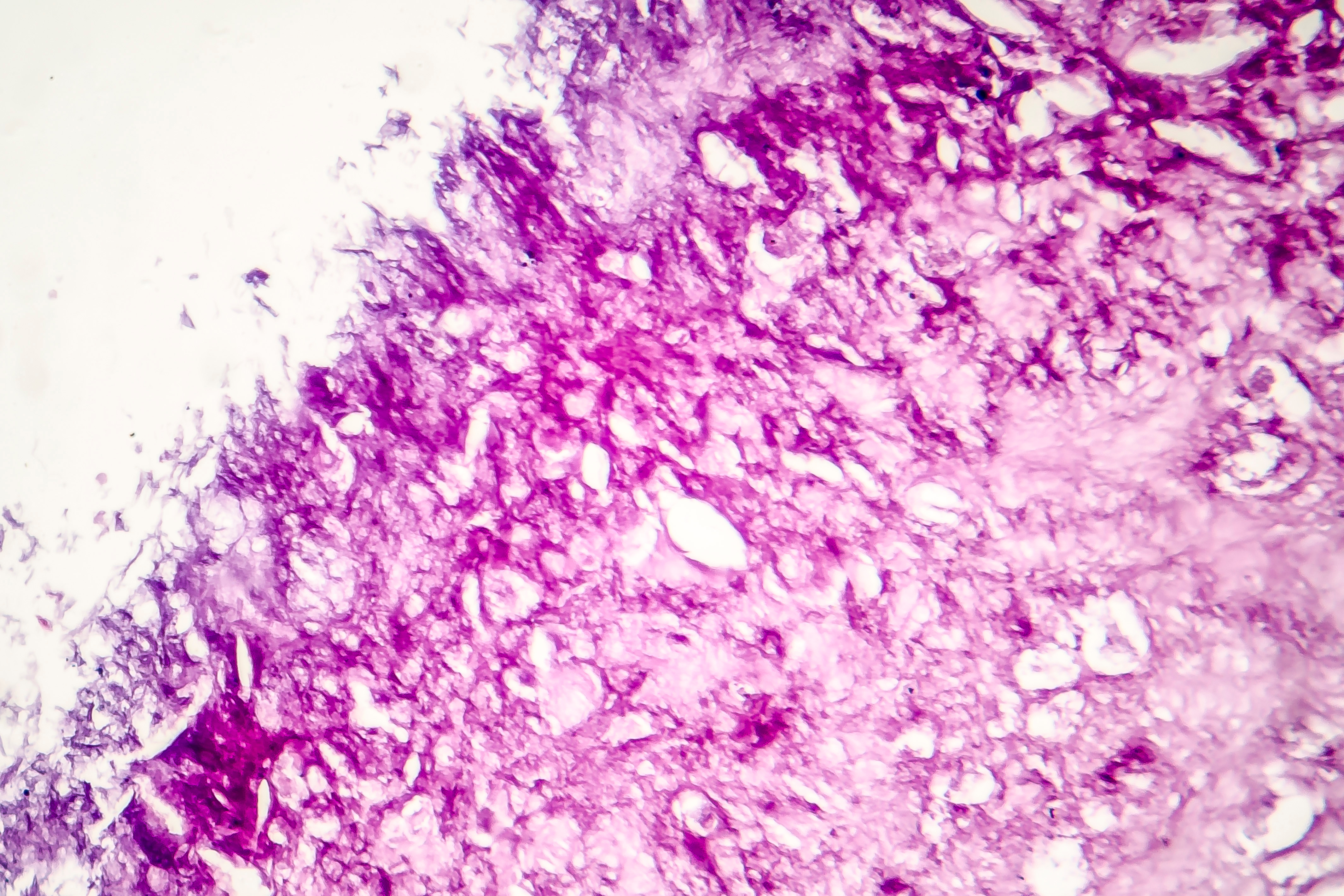
University of California, Los Angeles (UCLA) Health announced that it has received a $3.2 million grant from the National Institutes of Health (NIH) to investigate treatment resistance in patients with cutaneous melanoma. Researchers explained that certain genetic alterations in cutaneous melanoma may activate the MAPK cancer-driving pathway. Although 50% of patients have BRAF-mutated cutaneous melanoma that may be treated with MAPK-targeted therapy, the other 50% of patients have limited therapeutic options. Further, a large proportion of patients with BRAF-mutated cutaneous melanoma develop treatment resistance and may experience disease relapse and progression. With the new grant, researchers will seek to better understand how patients with cutaneous melanoma develop treatment resistance by establishing the Melanoma Resistance Evolution Atlas. The new resource will utilize tumor fragments extracted from patient biopsies which will then be implanted into specialized mice. The researchers will explore the unique characteristics and behaviors of the tumor fragments prior to and following MAPK-targeted therapy as well as at the point of treatment resistance—with the goal of analyzing the full spectrum of patient-specific cutaneous melanoma subtypes and uncovering the mechanisms behind the evolution of treatment resistance. After the analysis, they will perform proteogenomic and single-cell analysis to determine novel therapeutic targets and develop experimental combination therapies. “Better MAPK inhibitor–based combination treatments will benefit not only patients with melanoma, but also a large fraction of patients with other types of common and aggressive tumors, such as lung and colorectal cancers,” concluded Roger Lo, MD, PhD, Professor of Medicine and Molecular and Medical Pharmacology at the David Geffen School of Medicine at UCLA.